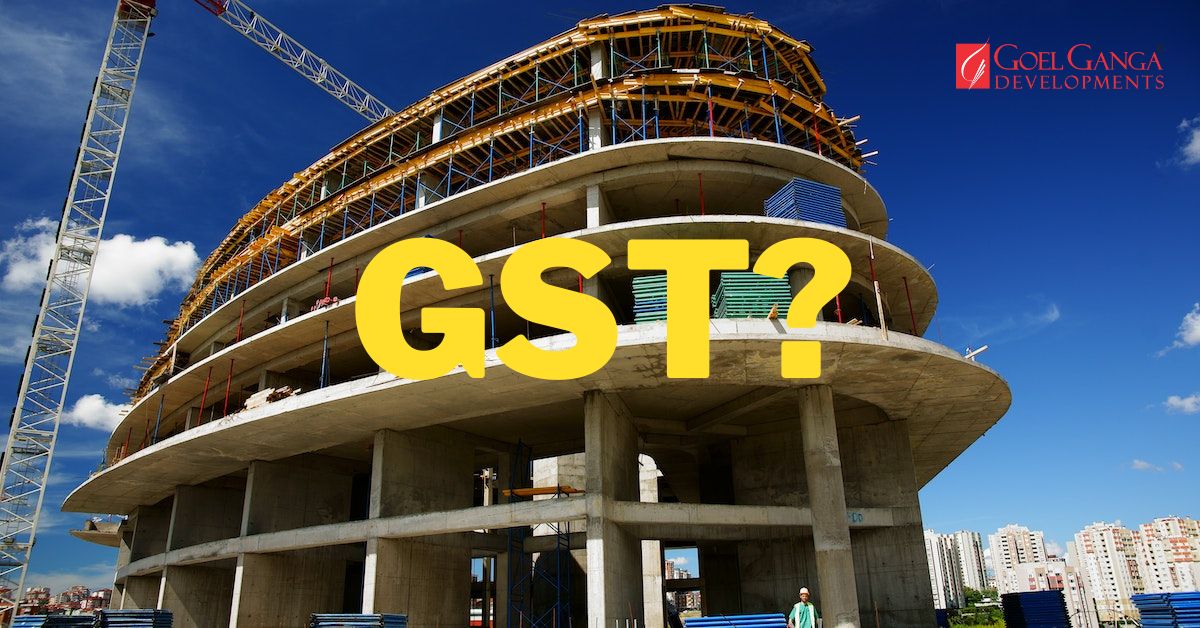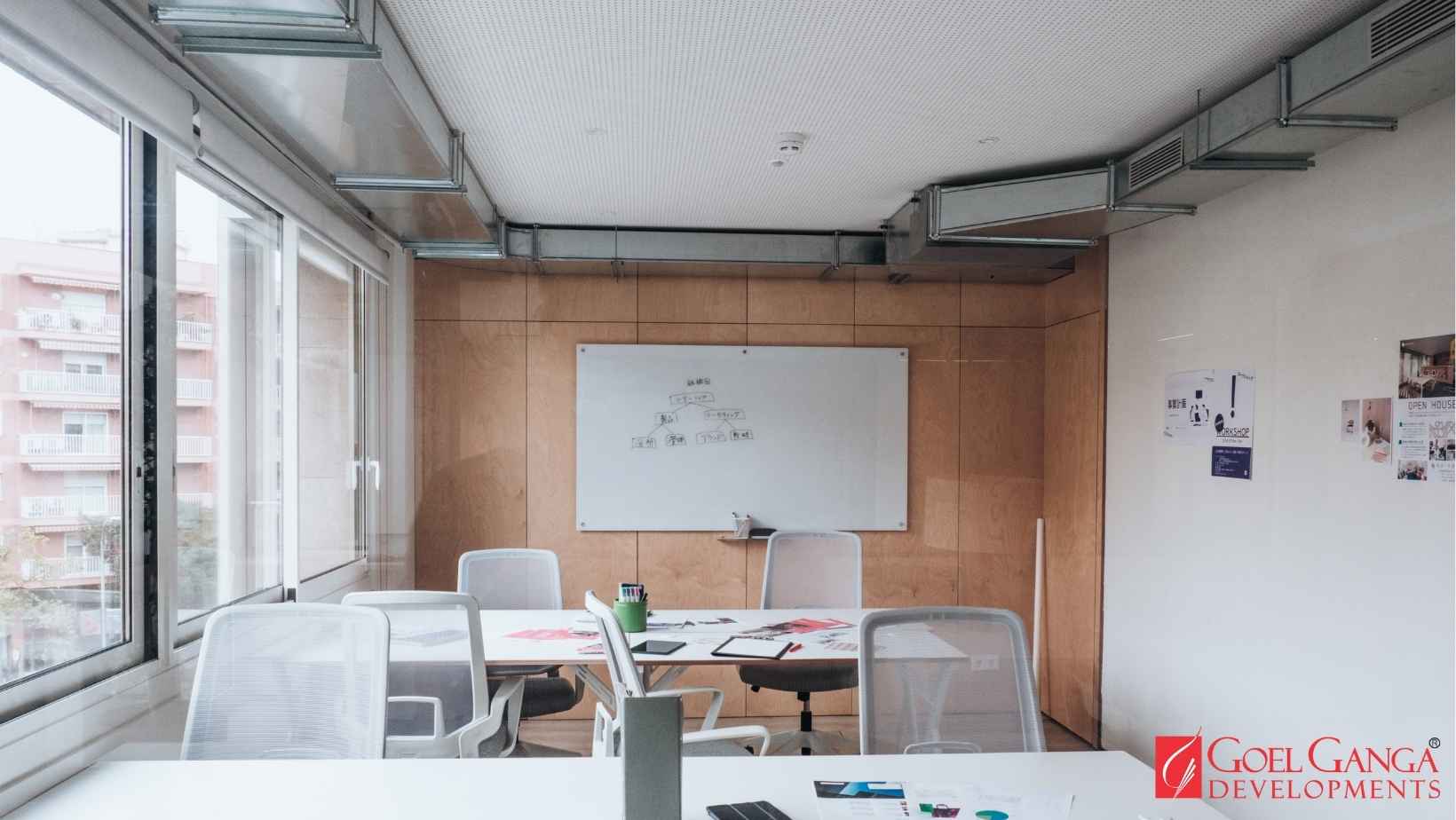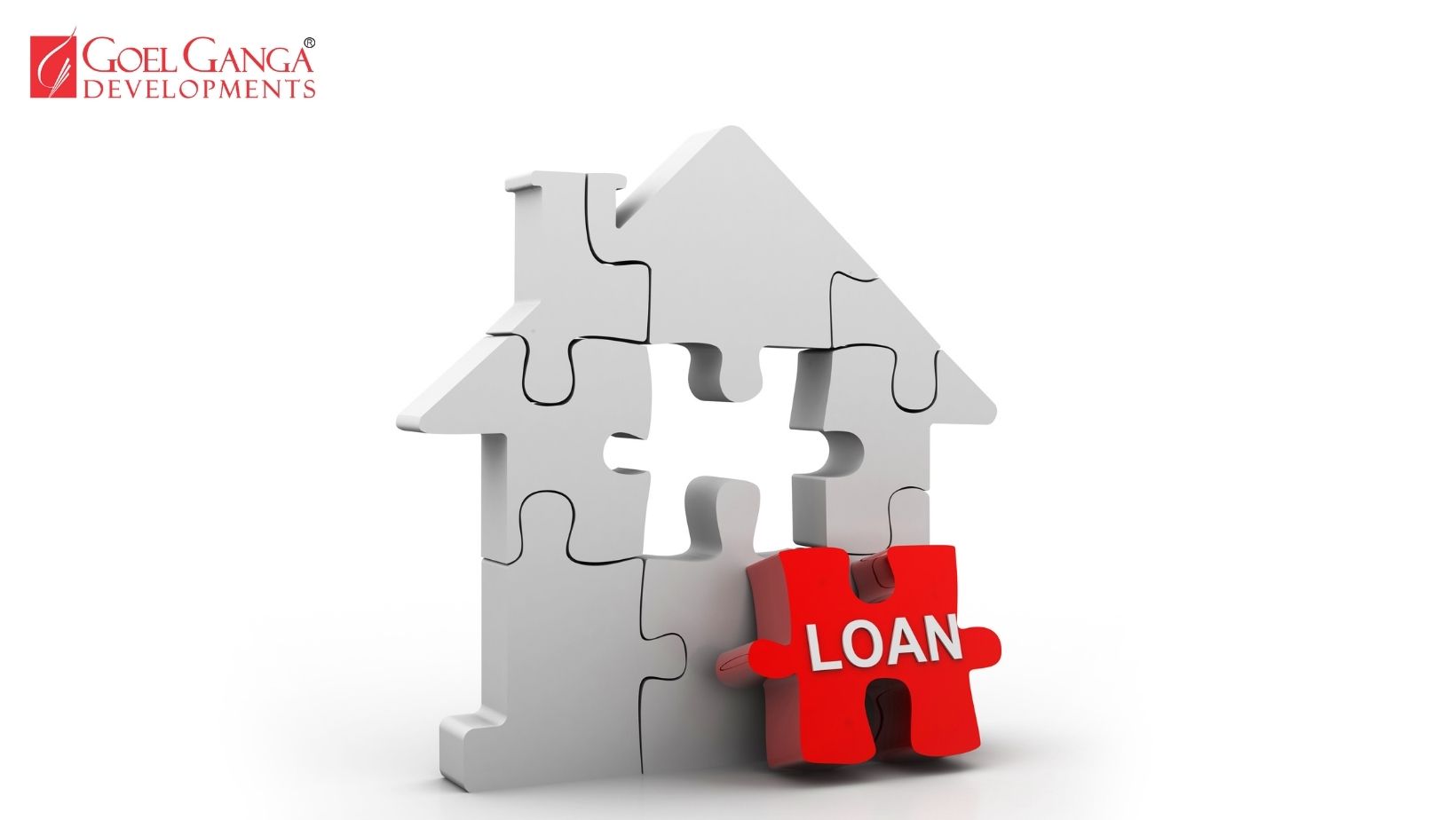The new GST rate in the real estate industry has significantly changed. Concerns regarding the GST rate on real estate are widespread among buyers. This Goods and Services Tax (GST) on under-construction flats applies to properties in Pune and other states that are under construction or ready to move into; however, the GST Council has clarified this.
The real estate sector strongly supports the Indian economy. The buyers were responsible for paying a number of taxes under the previous tax system, including VAT, service tax, registration fees, etc.
New GST rates for flat purchase and under construction properties as of April 1st, 2019, are:
- 5% for regular housing (without ITC)
- Affordable housing: 1% (without ITC)
- Commercial: 12% (with ITC)
The Government has assisted buyers of real estate properties still being built. Under-construction apartments are subject to an 18% tax, of which you must pay 12%. It is assumed that this is the value of transferred land, and a deduction of 6% (or one-third of the total tax) is made. The sale of land is not subject to tax. As a result, the buyer’s full effective tax payment is 12%.
The tax rate was reduced from 12% to 5% due to the 33rd Amendment adopted by the GST Council. This is only applicable to properties without Input Tax Credit, though. The ITC system, which distinguishes the GST real estate law from India’s prior tax structure, is one of its distinctive features. A real estate developer incurs various tax payments on acquiring goods and services during a housing project. The builder would receive an input tax credit under the GST system when he paid his output tax.
GST on flats
In India, those purchasing apartments and flats in ongoing construction projects would be required to pay GST on their purchases starting in 2022. Remember that GST on flats acquisition is not payable if you purchase a home in an already finished project. A project is considered to be completed legally after it has been granted a completion certificate by an appropriate body.
Taxes before GST real estate implementation
Several state and federal taxes were levied on structures throughout a housing project’s construction cycle before a uniform tax in the shape of the GST was established in 2017. Although these taxes raised the project’s cost for developers, builders were not eligible for a credit against this tax on the output liability. The taxes paid by real estate developers before the implementation of GST were:
- Value Added Tax (VAT)
- Central Excise
- Entry Tax
- Service Tax, etc.
After GST real estate implementation
Developers were also able to change figures to raise prices for customers due to the intricacy of the rates for the various taxes. Finding out the rates of VAT, Central Excise, Entry Tax, LBT, Octroi, and Service Tax that apply to the construction of a home used to be a challenging undertaking for the average buyer.
The GST, which went into effect in India on July 1st, 2017, was hailed as the country’s most significant tax reform since Independence. Multiple indirect taxes were merged under the GST to give taxpayers a unified system. Since its introduction, the GST regime’s real estate tax category has seen several revisions.
Mr.Subhash Goel (MD) at Goel Ganga Developments says, “The mission of Housing for All will gain momentum thanks to the GST real estate rate cut, and the ambitions of the middle class will be met. Since individuals wait to purchase completed houses to avoid the GST cost, this decision would raise the demand for ready-to-move-in flats.”
Affordable Housing GST
The residential property meets India’sIndia’s criteria for affordable housing, which stipulates that in urban areas, the total carpet area of the residential property shall not exceed 60 sq. mt. The carpet area of residential properties in non-metropolitan cities and towns should not exceed 90 square meters. Property should not cost more than Rs. 45 lakhs in metropolitan and non-metropolitan cities.
Credit for Input Taxes for Builders
According to the proposed GST, several inputs used in the construction of the real estate, such as cement, bricks, sand, labor, etc., are eligible for ITCs. Preventing a tax burden is the primary justification for ITC implementation. The ITC earned on the GST in the stage before will be deducted from the GST charged at each building step. The total GST payable should be adequately examined by the builders with every unit used in the construction process, according to the ITC claims submitted by real estate developers. All construction projects are susceptible to change due to the cost of building materials.
Will Ready to Move Homes Be More Expensive?
The possibility of receiving the full entry reimbursement credit for developers in projects still in the planning stages will not apply to ready-to-own homes. The developers think that would raise the cost of owning property that is offered for sale. Developers might still profit from ongoing projects, but as the GST does not cover immediate possession projects, they would be responsible for paying the associated taxes.
Meanwhile, the Government has urged developers to pass along property benefits that buyers can exploit under the new tax system by reducing charges.
Additionally, the Government has warned all construction firms using counting services that they must refrain from requesting a higher tax rate from clients for payments made after the implementation of the GST rate on real estate in units that are still under construction. Before investing in this industry, prospective purchasers are advised to consider a few essential factors. For instance, people should consider their time horizon for investing because real estate works best as a long-term asset.
The GST will have a negligible effect on the real estate industry shortly. There will be noticeable changes in both the purchaser’s views of change and their trust in this industry. The GST rate on real estate will also be considerably more straightforward for developers to deal with, and the tax credit contribution is a bonus.











2 thoughts on “New GST rates on under-construction properties”
Pingback: Understanding the Impact of GST on Construction Materials
Pingback: GST On Buying A Flat And How It Affects Home Buyers
Comments are closed.